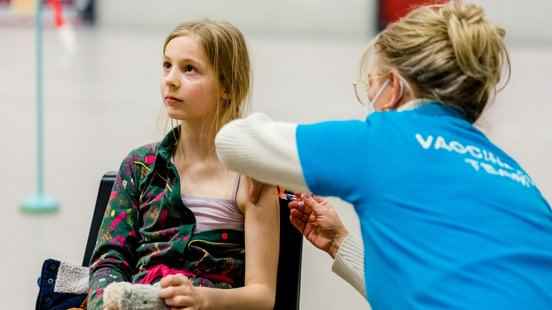“You could become infertile and contract a chronic fatigue syndrome. It was the first time that we had to deal with such a large disinformation campaign,” says spokesperson Marah Michel of the RIVM. The institute has never investigated how this came about. “It is clear that social media played a role for the first time. What also played a role is that it was a new vaccine, which did not inspire confidence.”
A jump to 2022 and the parallels are quickly drawn. RIVM is now expanding the vaccination campaign for the HPV vaccine: boys are also being invited for the first time this year, it was announced last week. The world is once again under the spell of a pandemic. And now the anti-vax lobby is louder than ever. “Maybe starting such a new vaccination campaign in corona time is not ideal,” says Michel. “But we don’t think it’s responsible to wait any longer. Other countries around us have already started vaccinating boys. We have been reluctant to do so.”
